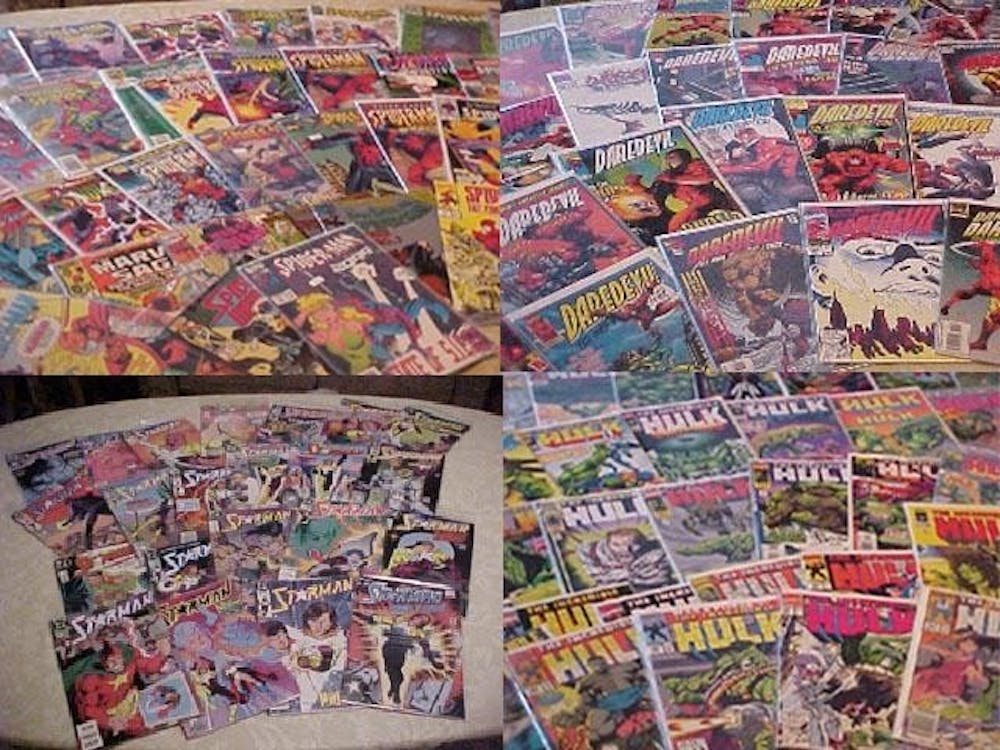Comic book lovers are generally thought to be one community, in solidarity against detractors, with comic shops as their citadels. But there is a huge rift among these brethren that brews without much discussion. Some people are readers, and some people are collectors.
Now, that isn’t to say that the two types of fan are mutually exclusive, because they aren’t. In fact, I would guess that there aren’t any comic book collectors who don’t also read comic books, nor any people who primarily buy comic books for reading aren’t proud of their collections. But the priorities of these two groups are radically different, and that’s reflected in the way comic books are marketed.
Bookery Fantasy in Fairborn, Ohio, the largest comic book store in the United States, exacerbates the friendly rivalry between readers and collectors. The store is divided into two rooms, one of which has trade paperbacks, new comics, and back issues that aren’t worth very much. The other room is stuffed full of vintages pulps, Golden Era comics, and various other books whose prices have more numbers before decimal point than after.
I use Bookery as an example because it’s fascinating to listen to how different the conversations on either side of that threshold are. People browsing the collectibles boast to the store’s owner about the enormous value of their collections and the immaculate condition they keep them in. There are discussions of temperature control, display shelves, and how much money it costs to maintain such amazing collections.
Walk through the doorway to the other side, though, and the conversations take on a different form. Discussions about continuity in the Marvel Universe emerge. Geeks debate the merits of various writers and artists. People complain about having to pay extra for alternate covers when the store sells out of the standard. Chances are, most of the people scouring the trade paperbacks for a glossier version of something they’ve already read aren’t interested in the proper care of 1940s pulps.
It’s interesting to me that this rift exists. Both groups are composed very niche hobbyists, but their priorities differ so greatly that it’s hard to imagine that they’re fans of the exact same thing.
Still, if someone marched into Bookery Fantasy one day and proclaimed that comic books were for losers, I think it’s safe to assume that members of both factions would rise up in arms. At the end of the day, we’re all nerds. We just express ourselves slightly differently.
Comic Talk #9

Get stories like this in your inbox
Subscribe





